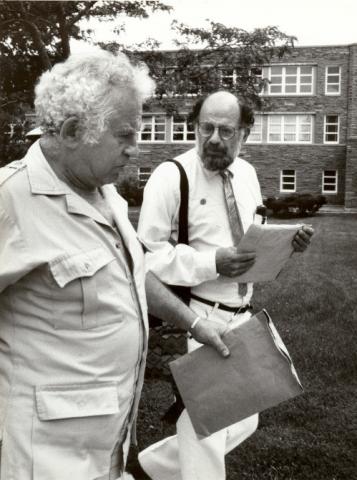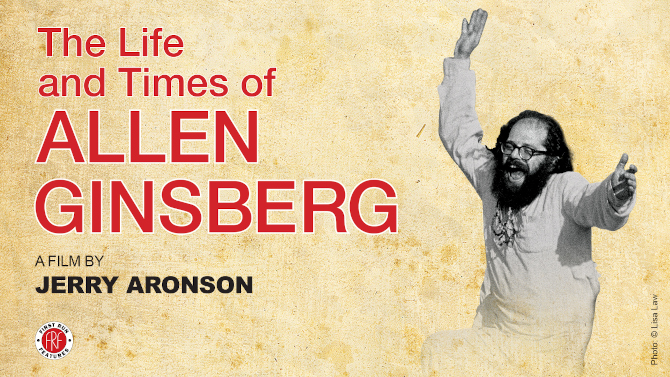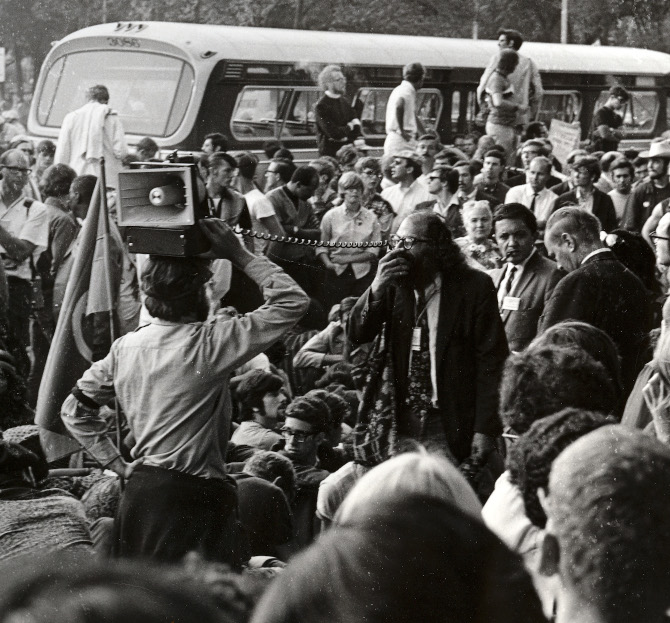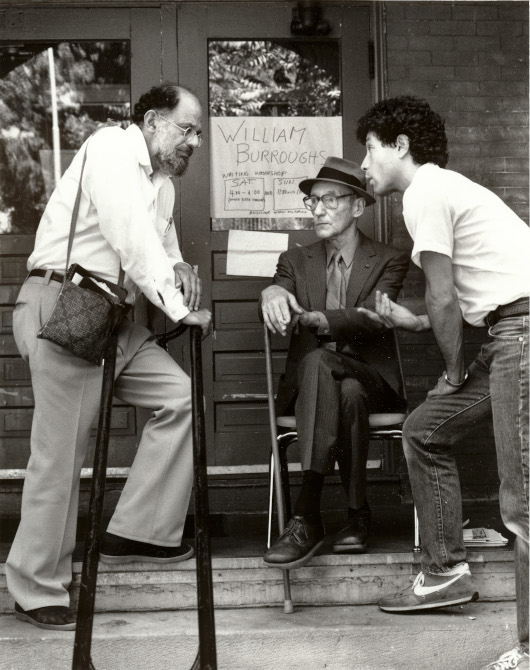‘The Life and Times of Allen Ginsberg’ Paints a Dry Picture of the Controversial Poet

I initially knew little about Allen Ginsberg, but after watching this documentary (now available via streaming and DVD courtesy of First Run Features), I can see why he was so influential to the Beat and Hippie movements of the 1950s and ‘60s.
Ginsberg was born to Jewish parents in Newark; his father was a teacher and poet and his mother was a dedicated Marxist. His parents would be influential to his work and beliefs, and he would rise to become one of the most important voices of the Beat poetry scene. The downside of learning about those early moments in this documentary is that the presentation is dry. The most interesting part of Ginsberg’s early life is learning how controversial his work, and the work of the other Beat poets, was.

You have to put yourself in the mindset of the ultra-conservative 1950s: A group of artists were publishing works that talked about drug use and homosexuality in detail. It was a huge culture shock that would pave the way for the radical ‘60s and come to a head during the Vietnam War. It’s like learning about the missing half of a larger historical event. The persistent problem is that even when you’re learning about an interesting topic, there is little interesting historical footage to dig into.
One of the most interesting aspects is hearing his father's poetry and realizing how influential he was to his son as Allen’s work uses the same sort of structure -- like two artists using the same framework yet filling the spaces with different themes and ideas. His mother says that they would even argue about poetry as though they were colleagues. Ginsberg clearly loved his parents and the poems that he wrote about their lives and his mother’s deterioration are some of his most moving.

While Allen Ginsberg was a controversial figure in his early career for ideologies that are accepted now, this documentary also skips over some of his most controversial ones. For example, the film leaves out Ginsberg’s shocking and unfortunate association and membership with the group NAMBLA. It’s not uncommon for documentaries to leave out the most negative aspects of their subjects, but it seems like a big omission considering the subject matter.
I can’t say that this film makes for a thoroughly engaging watch throughout its 80-minute runtime. Since The Life and Times of Allen Ginsberg was originally released in 1993, it’s not as slickly edited as many modern documentaries, and therefore feels somewhat dated. However, it does give the viewer a good idea of what kind of person Ginsberg was and why his work had the following it did. The documentary is a mixed bag, and unless you are a poetry enthusiast or a 1960s history buff, it’s difficult to recommend for general viewing.

Author Bio:
Ulises Duenas is a senior writer at Highbrow Magazine.
For Highbrow Magazine































































































































































































































































































































